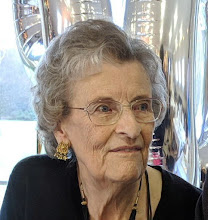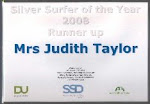 I have been selling some bits and pieces to a dealer this morning, and it got me thinking about collections. My earliest and longest lasting one has been cows : it started with Staffordshire cow creamers and eventually extended to cows in absolutely any material. They are mostly pottery, but also brass, glass, wood, clay, gold, silver, and even wax!
I have been selling some bits and pieces to a dealer this morning, and it got me thinking about collections. My earliest and longest lasting one has been cows : it started with Staffordshire cow creamers and eventually extended to cows in absolutely any material. They are mostly pottery, but also brass, glass, wood, clay, gold, silver, and even wax!But I now have so many that there is nothing like the pleasure in them that I had with the first two or three acquisitions, so hard come by because I had little money to spare - £3 I think I spent on my first one! I can remember so vividly the look of those cows on the high cornice round the large bed sitting room that I rented from friends in Maida Vale’s ‘Little Venice’; and I still feel the buzz I got from knowing I had sought them out and bought them, and had given them a home, in my first home on my own.
It was a marvellous Victorian room, big enough for two single beds, with built-in cupboards all along one wall, including a washstand space with marble slab which I used as my kitchen worktop. It had a huge bay window with a raised floor, so that it could have made a stage if I had wanted to perform something, and it overlooked the garden which had a beautiful magnolia tree in the centre of the lawn.
I remember one spring evening sitting at a table in the bay, eating an omelette and salad supper cooked on my gasring, and drinking wine with a man I thought I would marry, while we watched the magnolia glimmering in the falling dusk. Life was so good: I was living in the capital city with all its interest and excitement, I was supporting myself - well, up to a point, though I think my Pa paid me an allowance as well - I lived with people I cared about, I was in love ........... and I was collecting Staffordshire pottery cows!
Eheu fugit irreparabile tempus !
 [This is my oh-so-kitch candle-wax cow figure!]
[This is my oh-so-kitch candle-wax cow figure!]



